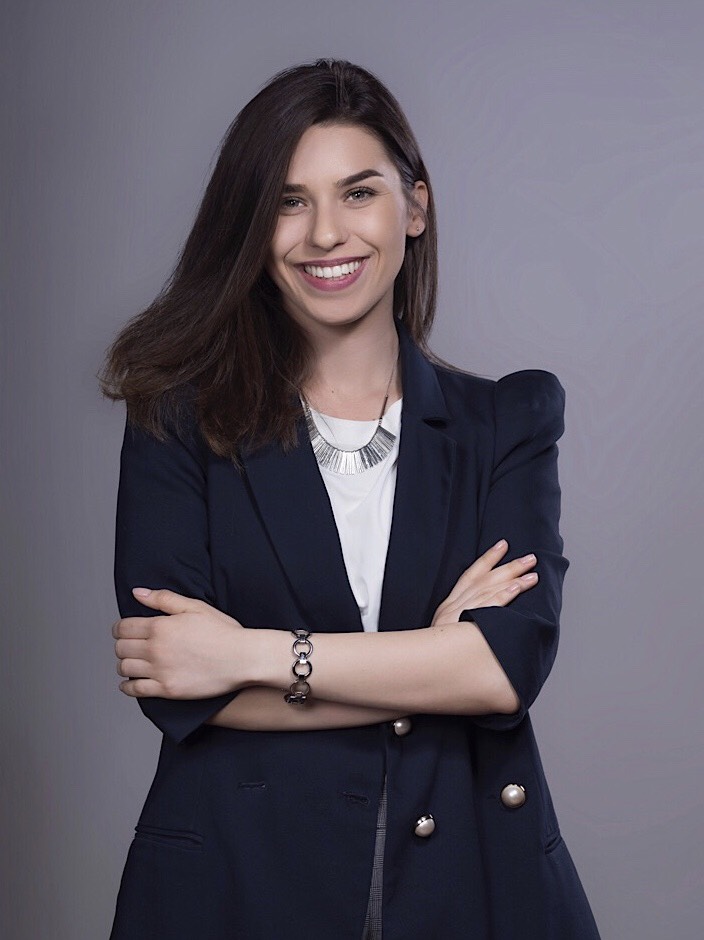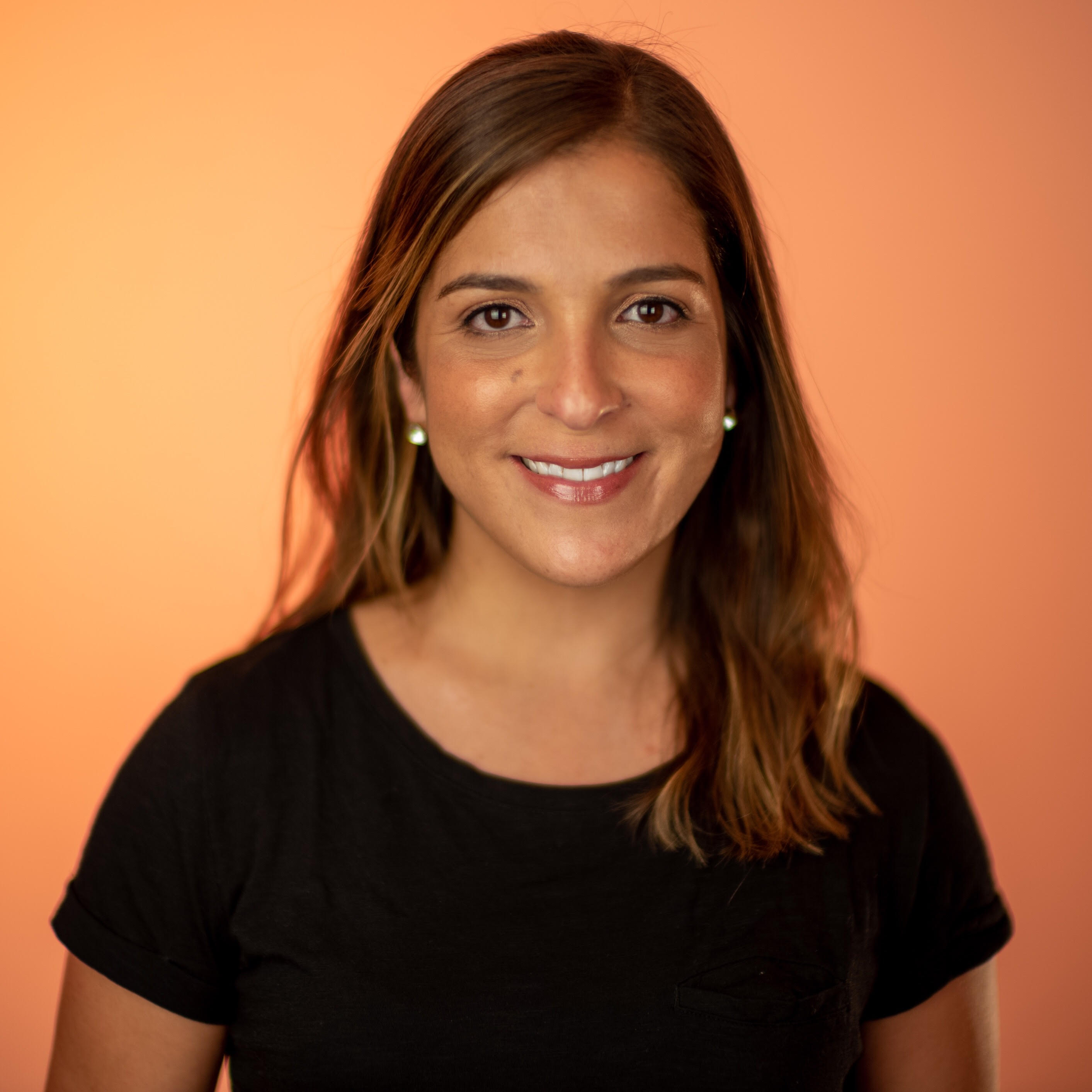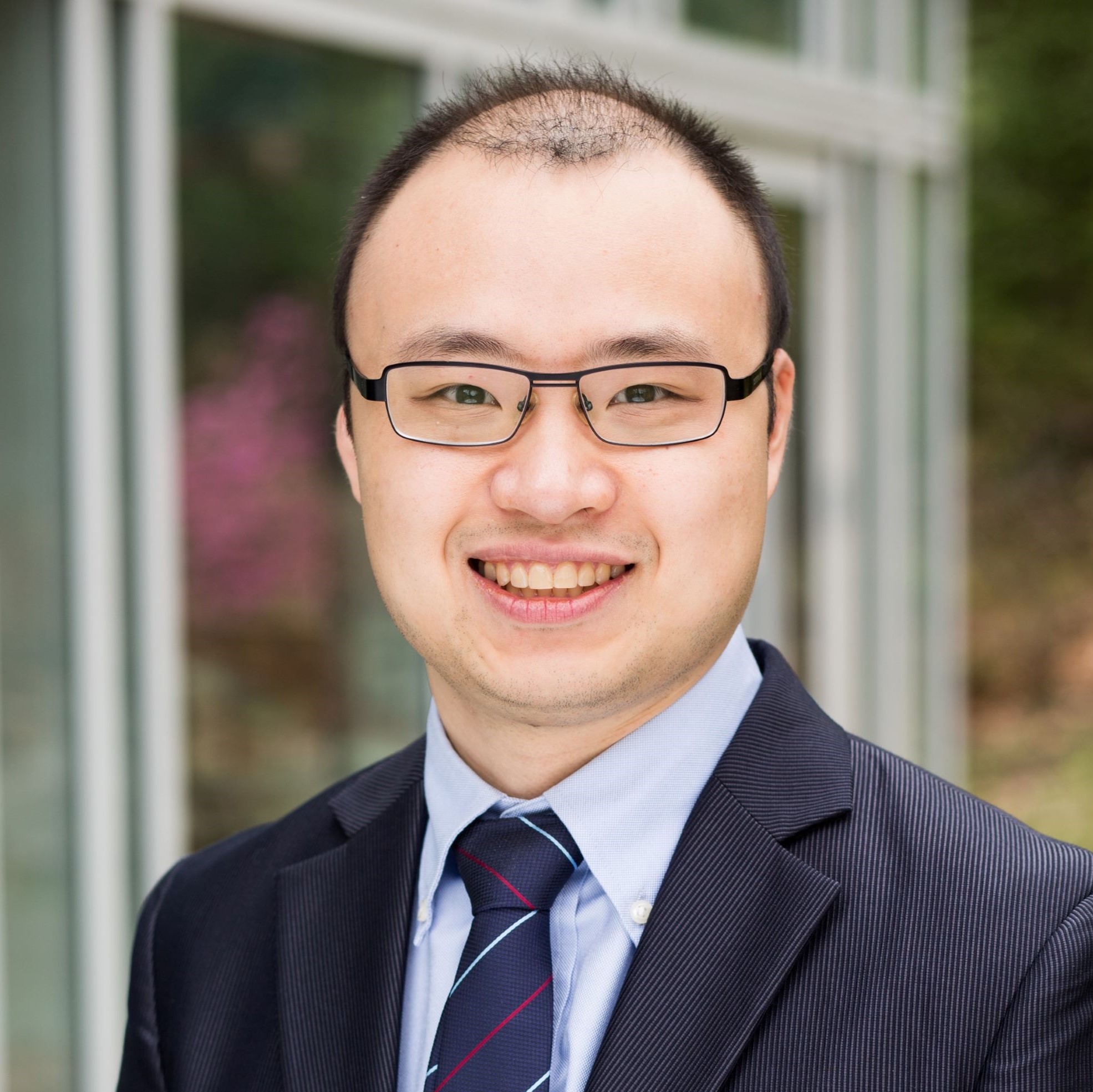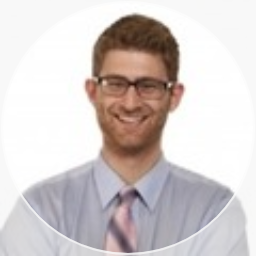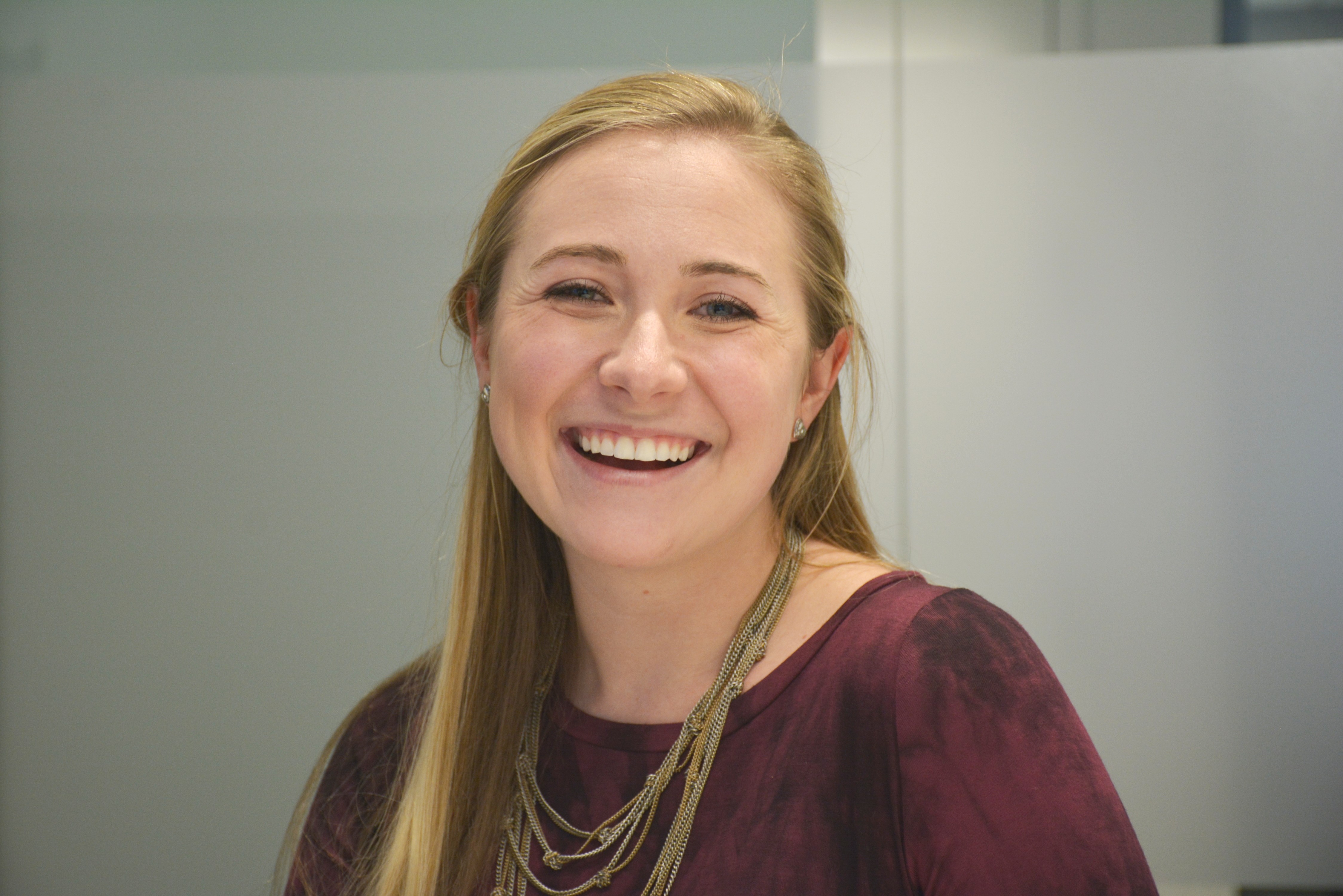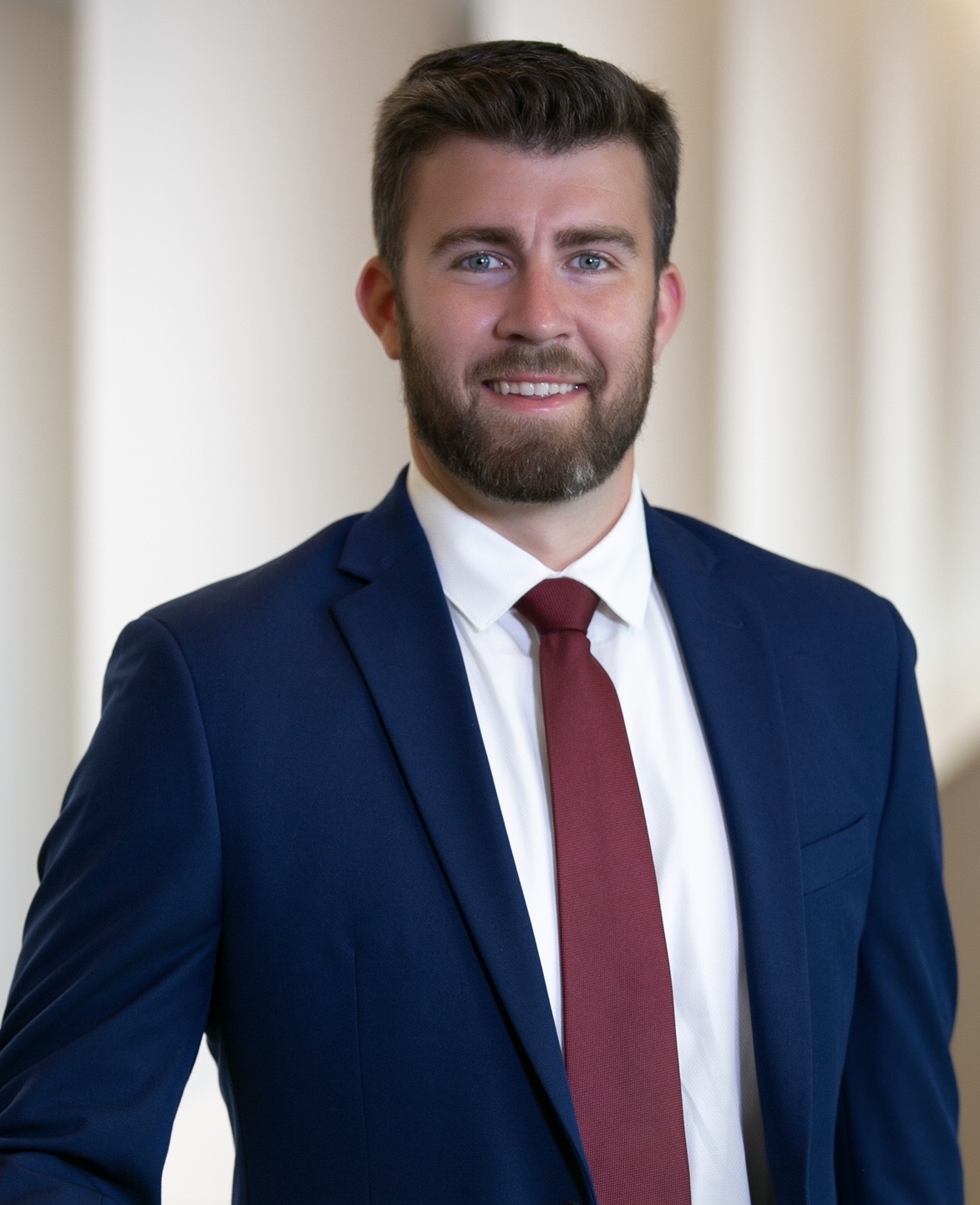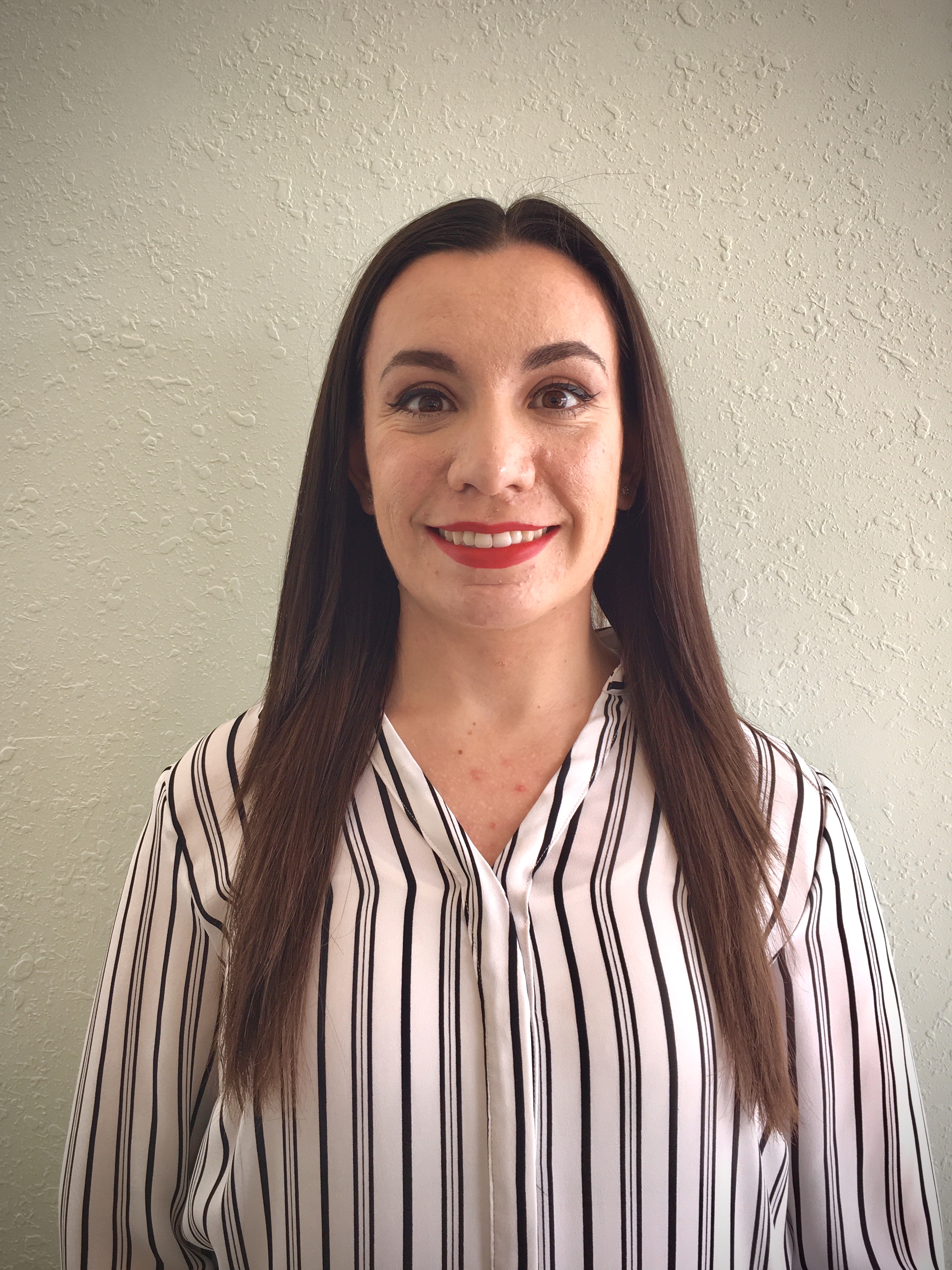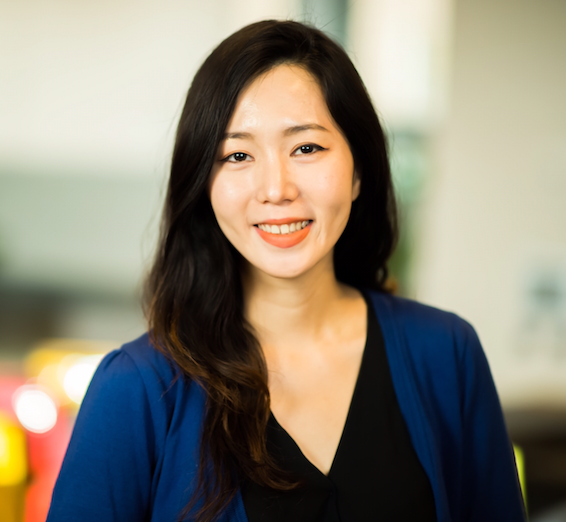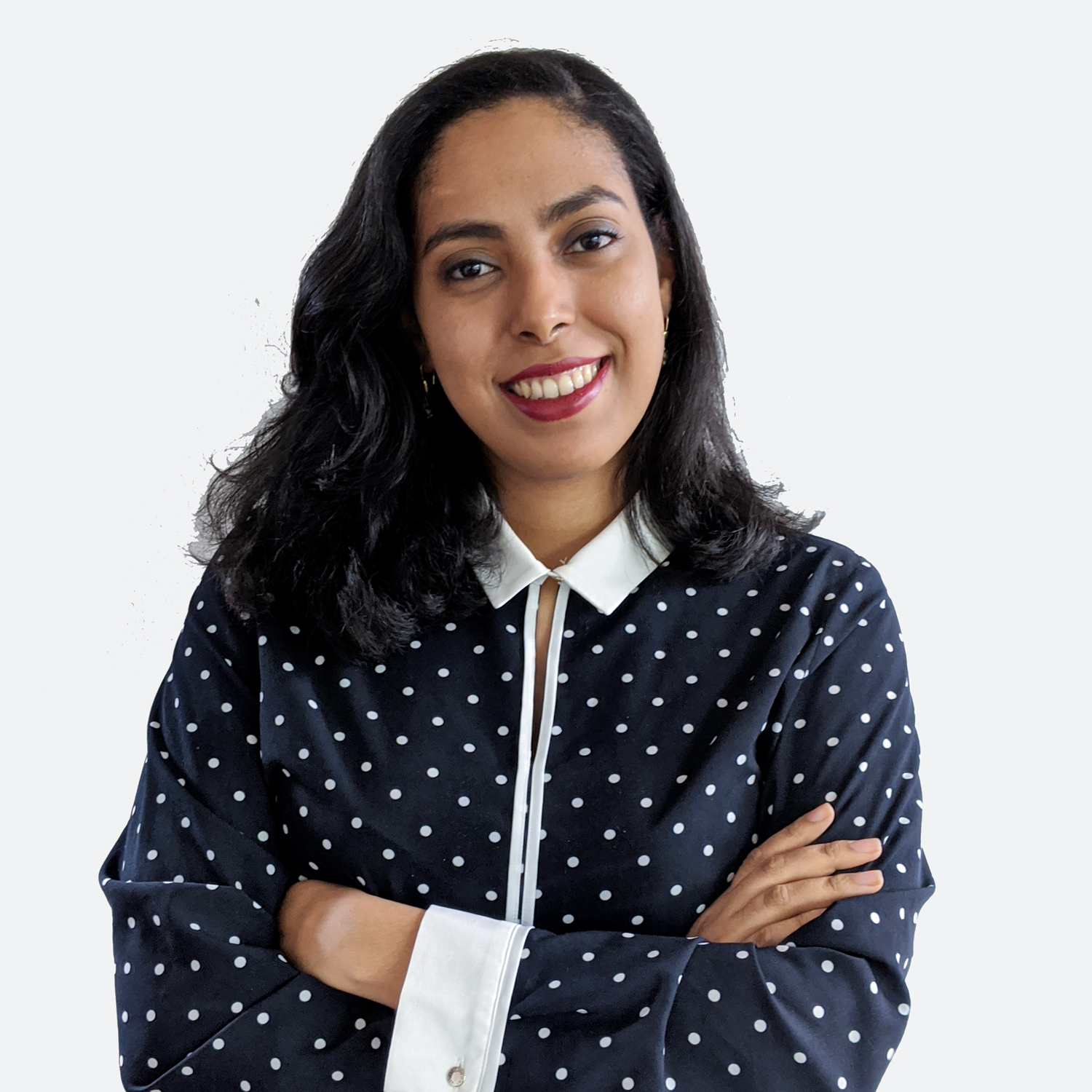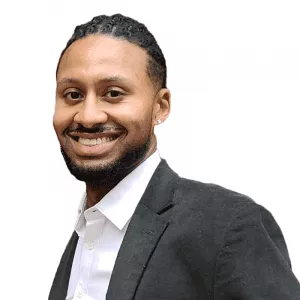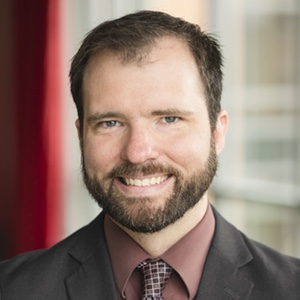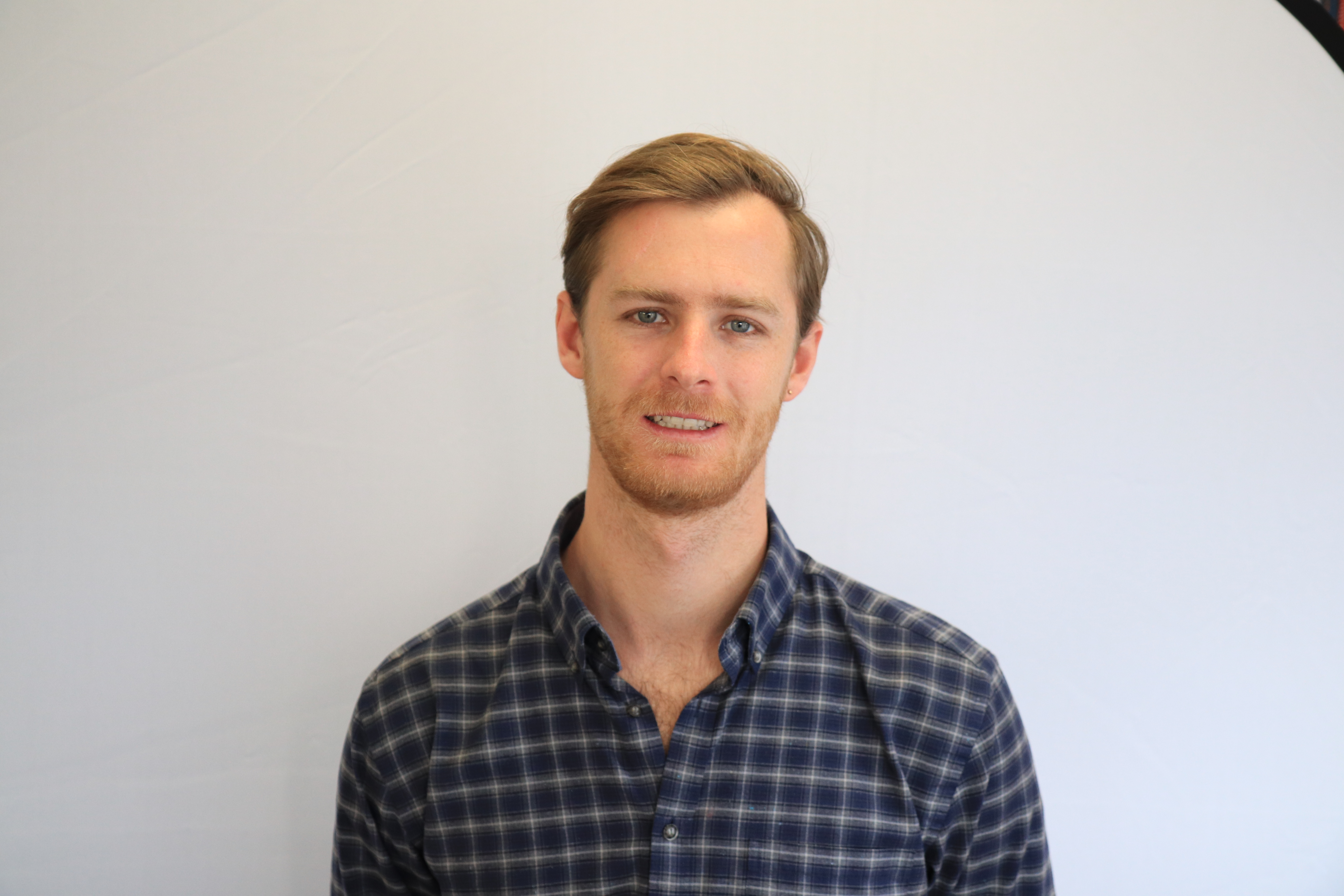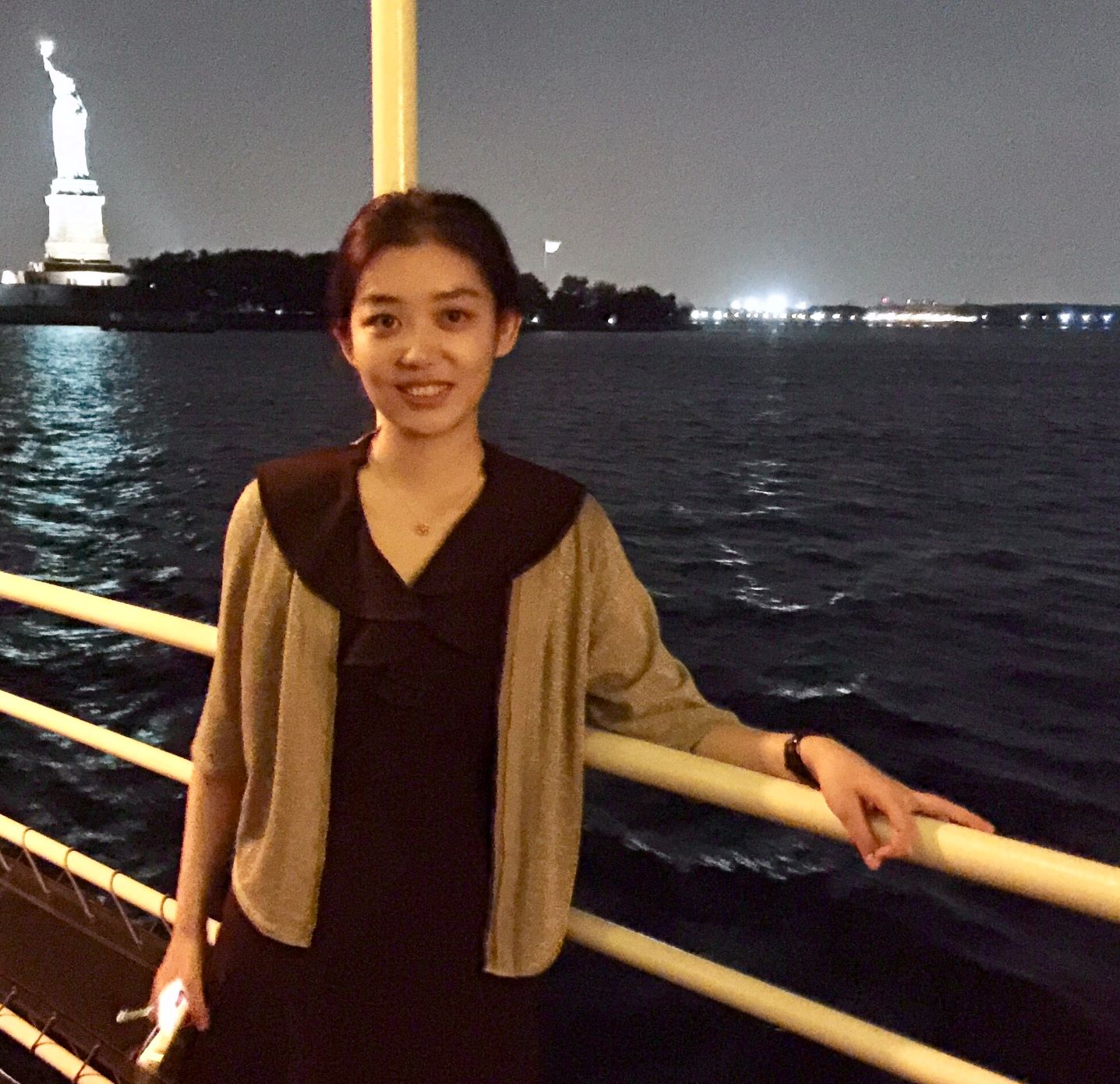Alumni Profiles
Economics and Education Program
Teachers College, Columbia University, M.A. 2017
Advisor on Youth Employment and Vocational Education and Training
The Deutsche Gesellschaft für Internationale Zusammenarbeit (GIZ)
My firm belief in the transformative power of education is rooted in my own educational journey. I finished my undergraduate studies at RIT Kosovo where I studied Economics and Management. The strong interest in education and economics sparked after taking courses on economic and social development. Living in a post-war country which is still in the development process, I have always wanted to give my contribution to the development of my country. And what a better way to help societal positive changes than through education! However, to make a positive contribution I was aware that I should first invest in my own education and professional development and use the knowledge and skills towards my cause. I was fortunate enough to receive a fully funded scholarship supported by the USAID and Ministry of Education in Kosovo which enabled me to receive my Master’s in one of the most renowned universities in the world. The knowledge, skills, and education that I received from TC changed the trajectory of my professional career and is helping me do my share in paving the way for prosperity in Kosovo.
My time at TC was the highlight of my educational journey. The Economics and Education program trained me to apply economic concepts and tools to address issues in education. The curriculum of the program helped me build technical competence in the basic tools of educational management and policy making. Courses that I took during my studies involved statistical analysis, and evaluation of education and social programs that helped me gain understanding of the importance of evidence-based reforms in effectively tackling issues in the education sector. While at TC, I also had the opportunity to learn from truly inspirational professors and had the privilege to meet a host of thoughtful and engaged individuals with deep expertise and passion for education. I left TC with many life-long friends, colleagues, and enriching experiences.
After I completed my studies at TC, I immediately came back to Kosovo to bring back the knowledge and skills in my country. I started to work as an Education Consultant with a local NGO where I had the opportunity to conduct several research projects about the education sector in Kosovo, including analyzing the impact of teacher quality and in-school resources on Kosovar students’ performance in PISA 2015, identifying some of the challenges in the management of the pre-university education in Kosovo, and understanding the challenges of the Vocational Education and Training (VET) system in Kosovo, with the purpose of supporting the Ministry of Education, schools, teachers, and other relevant stakeholders in their continuous effort to improve the quality of education delivery.
Currently, I work as an advisor with the Youth, Employment, and Skills Project in Kosovo – a project commissioned by German Federal Ministry for Economic Cooperation and Development, which aims to enhance the employability of young people by improving the quality of VET and strengthening matching mechanisms between labor market supply and demand. In this role, I am able to design labor market measures that facilitate labor market integration for youth. As a strong advocate of social inclusion and equality, I focus my work mostly in the labor market integration for women and minorities.
Economics and Education Program
Teachers College, Columbia University, Ph.D. 2020
Assistant Professor
McCombs School of Business
The University of Texas at Austin
I started working in economics of education topics when I was still an Engineering undergraduate student at Pontificia Universidad Catolica de Chile. Given the context of the Chilean education system and reforms that were happening at the time, I was very interested in studying the potential impact of different policies on outcomes such as school segregation and educational opportunities.
After working at the Poverty Action Lab (J-PAL) in Chile for a year, and completing my Masters in Social Policy in London, I decided to pursue a doctorate in Economics of Education. I was interested in a rigorous program that had a clear focus on education and social policy topics more broadly, so the PhD at Teachers College was a good fit.
During my time as a PhD student at TC, I was able to pursue and develop my interest in causal inference methodologies, combining it with important economic of education questions, particularly focused on educational opportunities and school segregation. I had the opportunity to collaborate with faculty both at Teachers College as well as Columbia at large, which was a great advantage for my own development.
I am currently an Assistant Professor in the Statistic Group at the McCombs School of Business at The University of Texas at Austin. My research is focused on developing new methods for causal inference and expanding on current ones, to improve the evidence we can obtain from both observational studies and experiments. My work also primarily focuses on using these methods for building new evidence on pressing educational policy questions.
Economics and Education Program
Teachers College, Columbia University, Ph.D. 2018
Assistant Professor of Statistics and Public Policy
Babson College
My interest in education piqued when I started working as a data analyst for the Boston Public Schools. There, I ran engagement surveys for parents, students, and teachers and analyzed the results. I found it fascinating that there were large gaps in parent engagement between high- and low- achieving schools, and desired to dive more into the subject through research.
I initially searched for graduate programs in education, but I soon realized that economic inequality was a significant determinant of family engagement. I widened my search for economics programs, and found TC’s Economics and Education program to be firmly what I wanted to study. I soon enrolled in the M.A. program, but proceeded to continue in the Ph.D. program.
During my doctoral experience, Professor Peter Bergman told me about his interest in studying how families respond to information and its effects on student outcomes. Soon, I was working with Peter on projects directly related to my subject of interest. My dissertation even focused on the role of parents as a determinant of educational inequality.
This led me to a tenure-track position at Babson College, where my studies currently help me pursue policy-oriented research using advanced quantitative methods. Since I am employed in a quantitative methods department in a school of management, I am seen by my peers as the expert on statistical analysis of education policy issues. Recently, I was tasked with studying the effect of the institution’s instructor evaluation on teaching behavior. The skills I learned in the Economics and Education program gave me much insight into answering such real-world problems.
Economics and Education
Teachers College, Columbia University, M.A. 2018
Data and Assessment Specialist
New Bedford Public Schools – New Bedford, MA
Prior to applying to Teachers College, I was first an AmeriCorps volunteer at a high school in Philadelphia and, later, an elementary school teacher in Boston. The principals and instructional coaches at those schools emphasized the use of data in instruction, and I saw the tangible impact that this had on my practice. Making data-driven instructional decisions made me a more confident young teacher and informed a host of choices I made in the classroom. However, I had very limited experience with interpreting data from an undergraduate degree that had emphasized soft skills rather than hard ones. I loved being a teacher, but after four years in the classroom, I decided to make a shift towards a different type of role. At this point, I had the education “bug” and wanted to find a new role that kept me as fulfilled as I had been as teacher.
When I began looking at graduate programs to help me make that transition to a new role, I wanted to make sure that whatever I studied would include coursework in hard skills. While data and statistics were included in many education policy programs, the Economics and Education program at Teachers College appeared to have a stronger focus in quantitative methods. I ultimately chose this program over others based on a combination of that quantitatively rigorous coursework and the reputation of the university.
The program was exactly what I hoped it would be; throughout the 11 courses, I was exposed to a well-balanced mix of educational policy, statistics, data science, and economics. The program does allow a lot of flexibility, and – in hindsight – I wish I had committed to taking even more challenging courses in data science and research methods. Ultimately, I think I got a lot of value from the courses I did take, and the majority of people in my cohort felt the same way.
In addition to the coursework, I was able to get involved with the broader Teachers College community by engaging with my department’s student leadership group, a group dedicated to rural education policy, and several of my professors through lecture series and their own research. I also took three internships while I was a student; I interned at two different think tanks in their education policy divisions and with the New York City Department of Education’s enrollment office.
Since leaving Teachers College, I’ve worked as a consultant for NYC DOE, a data associate for a Harlem-based charter school network, and – now – as the leader of data analytics for a small urban school district in my home state. Within two years of finishing the program, I now advise the superintendent directly, conduct ad hoc research projects, develop data tools for principals and district-level leaders, and serve as a member and, occasionally, leader of several district-wide working groups.
As I look towards the future, I have more ambitious professional goals for myself than I had before my experience in the Economics and Education program. I love my current job a lot; it is challenging, engaging, and still gives me that same sense of purpose I had as a teacher. I’m not sure what the next steps in my career are going to be, but I haven’t ruled out a return to Teachers College to continue on with a PhD.
Economics and Education Program
Teachers College, Columbia University, M.A. 2018
Content Director
Hanover Research
My passion in life has always been to affect change in the education system. As an undergraduate, I studied mathematics and economics, while also having the opportunity to intern as at an education policy non-profit and teach high school Mathematics at a public school. My early interests in education and professional experiences motivated me to pursue a career where I could use economics to better understand how to affect this change in education I spoke about so frequently. Stumbling upon the Economics and Education program in a search for greater opportunities to make an impact in education, I knew instantly it was the program for me. My experiences with my fellow classmates and incredible faculty gave me a solid knowledge of education policy, a deeper understanding of economic theories, and molded me into the professional I am today. As a master's student, I had multiple opportunities to apply the concepts I was learning about in my work as a Resident Researcher and the non-profit New Visions for Public Schools.
I am currently a Content Director for Hanover Research outside of Washington, D.C., where I lead strategic relationships with domestic and international higher education clients to help them solve critical issues within their institutions. I design and implement projects with a team of researchers to help institutions answer their most pressing questions, often utilizing economic theories, content knowledge, and research principles I learned in the Economics and Education program. I utilize multiple methodologies to go about answering the questions ranging from secondary research to qualitative, quantitative, and survey methodologies.
I am still connected to Teachers College in a number of ways and will forever be thankful for the opportunities afforded to me thanks to Teachers College and the Economics and Education program. During my tenure at Teachers College, I created wonderful relationships with my cohort and continue to stay in touch to this day.
Economics and Education Program
Teachers College, Columbia University, M.A. 2021
Associate Director of Innovative Spaces
Digital Futures Institute, Teachers College, Columbia University
At a very early stage in my life my parents instilled in me the concept of Education and that it is a guide to solving many problems. At that age I did not fully understand that the sector of education also has its own challenges. Prior to enrolling into the Economics and Education program it felt as though Education and Economics were two sectors that would never cross paths. As a student in Ghana and later in one of the most underserved districts in the United States, I experienced the impact of resource allocation and the lack thereof on schools around the world. The M.A program in Education and Economics is rich in all forms due to the fact it highlights the real life situations in the world of Education while also providing real life solutions to what could be a more systematic way of solving these issues in our schools.
While the issues encountered by educators and learners may not be completely eradicated, there is certainly always room to improve. As the Associate Director of Innovative Spaces at the Digital Futures Institute, this role provides the opportunity to assist in implementing the idea of utilizing technology and other multimodal ways to improve education. Outside of my role at Teachers College, I also work on several projects in the education sector. One of these projects is the building of a school in Nigeria and helping with the design of the school’s administrative structure and strategy. My interest lies in providing adequate spaces for education and innovation for communities that lack resources. The Economics and Education Program presents a challenge for students but it certainly ensures students have a head start at the real life challenges facing education and in extension the economic impacts surrounding it.
Economics and Education Program
Teachers College, Columbia University, M.A. 2019
Program Officer – Research
Ewing Marion Kauffman Foundation - Kansas City, MO
The relationship between education and economic development first captured my attention in an undergraduate capstone course called State and Society. I had yet to decide what to do after graduation but was certain I wanted to continue learning about the role of education policy, human capital, and innovation in stimulating economic growth. I knew I should go to graduate school but had no idea what type of degree or field of study would be best. I ended up spending several years in Asia, teaching health and English in rural Thailand and starting a teacher training and job placement company in Shanghai, China, while I looked for the right graduate program.
I still remember exactly where I was when I discovered the Economics and Education program at Teacher’s College. While working in Asia, I had become increasingly interested in the gap between education policy and the functional skills needed to grow the local economy. I was curious if and how policy interventions could distribute the knowledge and skills among the local population and effectively close these gaps. After discovering the Economics and Education program, I stopped searching for other graduate programs and focused all my energy on applying to TC.
The knowledge and skills that I acquired during my two years in the Economics and Education program jumpstarted my career. Each professor has their own expertise, which exposed me to a blend of literature and theory across a variety of disciplines. In addition, the courses in statistics and data science provided me with tools to conduct quantitative analyses, which I previously had no experience.
The most impactful aspect of the Economics and Education program, in my experience, was the networking. Within a few months of my first semester, I received a TC email regarding a job at the New York City Department of Education. The department director was a former TC graduate. Despite being in my first semester at TC and having no prior quantitative experience, the director knew I was enrolled in statistics courses and trusted the TC program enough to offer me a position as a data manager. It was the best job I had ever been offered.
After graduating, a TC professor suggested that I look into working at the Kauffman Foundation. Being from Kansas City, I was familiar with Kauffman’s work in entrepreneurship and education but did not know any of the current staff. This professor happened to have a strong professional relationship with a few associates at Kauffman and offered to email them a recommendation. The introduction led to a full-time job as a research economist, where I currently manage a research grant portfolio and conduct data analysis on entrepreneurship.
My ability to perform the functions of my job is directly attributable to the knowledge and skills that I have acquired through the Economics and Education program. As I map my career path for the foreseeable future, I continue to reference the positive impact of my experiences at TC.
Economics and Education Program
Teachers College, Columbia University, M.A. 2020
Culturally Responsive Coordinator
Denver Public Schools
I want to honor the Lenape Nation, bearers of the land Teachers College sits on. I want to honor my ancestors and their friends who without their resilience and joy, I would not be here. I want to call my European bloodline to use their privilege to abolish racial and ethnic systems of oppression.
There are voices who need to be heard. I used to believe the field of economics would save us, despite my economics’ advisor’s warnings while I completed my undergraduate training. I came to Teachers College knowing what to do, and left with a humbling understanding that I must ground my Self first. I used to believe charter schools and private schools aimed at serving students of color laid the foundation for college preparation. When Bettina Love called character education and social emotional learning – the essence of many of these schools – spirit-murdering, I paused my Self.
I am developing as an advocate for my community, but I must understand my own internalized racism and biases if I ever want to stand on that platform. My people are like water. When we encounter barriers, we navigate around them and show the way for others behind us. We find grounding in each other, and joy in reaffirming one another’s humanity. We stand for Black liberation, for in the mattering of Black lives, we all matter.
Oftentimes, in the Economics of Education, we may immerse ourselves in experimentation before grounding our positionalities. I am grounding myself and listening to my people as I engage with them as the Culturally Responsive Coordinator at Denver Public Schools. I will be pursuing my Ph.D. and continue to explore how to better listen and grow with my community to pass on our legacy. I am grateful to those whose shoulders I stand on. Gracias a todos ustedes.
Economics and Education Program
Teachers College, Columbia University, Ph.D. 2019
Postdoctoral Scholar
Golub Capital Social Impact Lab, Stanford Graduate School of Business
Economics and Education Program
Teachers College, Columbia University, M.Ed. 2019
Head of Research and Development
EDUCA
My passion for education started when I took a course in Development Economics during my undergraduate studies in Economics, and all my doubts to become a public official disappeared. Just thinking about solutions to the most urgent social problems of the Dominican Republic made me feel overly excited and motivated. During this course, it was obvious that education was the greatest threat for the social development of the Dominican Republic. Hence, I decided to take another more specialized course in the topic: Education Economics. There, I understood the high need for more and better evidenced-based education policy in the country, and that I could contribute with that. That moment was precious. Finally, I found my passion in life!
I worked very hard to enter to the Economics & Education program at TC. It was my number one option, and definitely exceed my expectations. It was a marvelous experience to learn from leading faculty members in the field. In addition, TC has a remarkably diverse and large number of programs, and therefore, of courses. I took advantage of that, and I enrolled in courses from different fields, including data mining, management, and monitoring & evaluation. Furthermore, TC offers a wide range of a variety of events and the opportunity to participate in student associations, which are excellent ways to discover the newest trends in education, get to know new colleagues and friends, and discuss ideas. Actually, in those TC events, I discovered my interest in the use of Artificial Intelligence and ICT in education.
After graduating, I returned to my county, Dominican Republic. It was relatively easy to find job offers. Currently, I am the Head of Research and Development at EDUCA, a think tank in the Dominican Republic that researches and advocates for policies that ensure an inclusive and equitable quality education. Moreover, I have worked as Research Consultant at World Bank and United Nations Population Fund, conducting studies about teenage pregnancy in the Dominican Republic.
Economics and Education Program
Teachers College, Columbia University, Ph.D. 2022
Senior Research Associate
Association of College and University Educators
My interest in economics and education developed during my undergraduate years at Williams College, where I was awarded an Allison Davis Research Fellowship. This incredible opportunity allowed me to delve into the fundamental goals of urban education and discover my own role in creating systematic solutions to systematic issues. As part of my journey, I taught high school Algebra in New York City before pursuing a doctorate in Economics and Education at Teachers College, Columbia University.
During my time at Teachers College, I embraced a range of experiences. As a graduate research assistant at CCRC, I made contributions to projects exploring the impact of humanities coursework on community college students' transfer experiences at both the intensive and extensive margins. I also served as an instructor of Economics and Education, a role that influenced my personal and professional growth.
To expand my horizons, I took on the role of a Research and Analytics Consultant at the Research and Policy Support Group within the New York City Department of Education. In this capacity, I evaluated initiatives such as Equity and Excellence for All, focusing on their impact on critical areas like AP access, computer science education, and college readiness. This experience heightened my curiosity regarding the efficacy of educational policies and interventions.
Presently, I hold the position of Senior Research Associate at the Association of College and University Educators (ACUE), an organization that provides development courses on effective teaching practices to higher education faculty. Within this role, I draw upon my studies in econometrics and causal inference to design models to assess the impact of ACUE courses on instructor quality, as indicated by student course outcomes. By leveraging my analytical skills, I strive to contribute to the ongoing enhancement of education and pedagogy and to foster an environment conducive to optimal and equitable learning experiences.
Economics and Education Program
Teachers College, Columbia University, Ph.D. 2016
Assistant Professor
School of Education, American University
Like so many high school economics teachers, I was trained in history and political science as an undergraduate. I had taken a few undergrad economics courses, but was mainly self-taught. In my efforts to learn more in order to engage and challenge my students, I wound up falling in love with economic ways of thinking – ways of looking at the world to understand unintended consequences of our policies and apply careful reasoning and empirical analysis to some of our most pressing social challenges such as inequality of educational opportunity.
At the same time, I saw opportunities to strengthen our public education system through research and policy analysis – well-intentioned but poorly designed or implemented policies and programs, missed opportunities for collaboration and knowledge-sharing, and persistent systemic inequities. As an example, I was one of more than 1,000 high school economics teachers in New York City, but despite working at a great public high school with great colleagues, I never had the opportunity to interact with a single other econ teacher in the district. In a desire to both learn more about how economics can be used as a tool to help improve society, as well as to deepen my own systemic impact on improving public education, I came to the Economics & Education program at Teachers College.
The Econ & Ed program provided a great mix of theoretical and empirical perspectives, as well as both classroom learning experiences and opportunities to apply them to research projects and real-time policy and practice decisions. It worked well for someone like me, a K-12 practitioner with relatively limited prior training and experience in either economics or quantitative research methods. I honed these skills in coursework and working with faculty and research centers across TC and Columbia, including with Hank Levin at the Center for Benefit-Cost Studies of Education, Jim Liebman at the Center for Public Research and Leadership at Columbia Law School, and Anand Marri on curriculum and professional development projects related to teaching high school economics.
Although I originally intended to work in an applied policy analysis and research job at a think tank or government agency, I found that I missed teaching and the opportunity to teach labor economics as a graduate student contributed to my desire to seek out a position where I could teach and do research. I am now a tenure-track Assistant Professor of Education Policy and Leadership at American University, teaching primarily students like myself – K-12 classroom teachers seeking to have a larger impact through policy and leadership roles both inside and outside the classroom.
I continue to work with collaborators from Teachers College and elsewhere hoping to have a real impact on policy and practice with my research. I’ve been part of a research-practice partnership with colleagues from TC and the Jefferson County Public Schools in Louisville, Kentucky focused on evidence-based school budget decision-making that has led to real changes in the budget-making process and how restorative justice and school nursing programs are implemented, and continue work on school-community partnerships, teacher collaboration, school accountability, social and emotional learning, and cost-benefit methods that began with my work in the Economics & Education program.
Economics and Education Program
Teachers College, Columbia University, Ph.D. 2023
Postdoctoral Fellow
University of Pennsylvania
Before starting the doctoral program in Economics & Education, I had two years of classroom teaching experience and two years of program operations and evaluation experience. These professional opportunities offered me two very distinct angles of observing and thinking through education policy. I entered the doctoral program at Teachers College in the hopes of developing a skillset that would enable me to think more critically about how effective various education policies are.
Coursework and research opportunities with faculty and the Community College Research Center gave me practical experience evaluating programs and drafting policy-relevant recommendations. My research interests center on access and equity in higher education. Much of my research looks at the role of information and financial aid in improving academic and labor market outcomes, particularly for community college students. I am currently a postdoctoral fellow at the University of Pennsylvania.
Economics and Education Program
Teachers College, Columbia University, Ph.D. 2020
Postdoctoral Associate
Economics Department, Beijing Normal University Business School
I first realized the sharp inequality in education during the summer before college when I volunteered in a rural high school in one of the poorest provinces in China. This experience was both illuminating and frustrating since it made me aware of the huge achievement gap and awful regional inequalities in education. I sympathized with the students who had no access to a fair education and wanted to help them harvest their dreams. During college, I took several education-related courses hoping to find out the sources of inequality and participated in the Program for International Student Assessment (PISA) 2009 China trial study and the Rural Education Action Project (REAP), which further intensified my interest in conducting educational research. I later went to Stanford Graduate School of Education in seeking the knowledge and skills needed to understand and promote education equity, and got to know the discipline of Economics of Education. I further developed two substantive research interests in that field: (monetary) returns to college and wage structure in the labor market, and using quantitative methods to evaluate the causal impacts of education policies and interventions.
I wanted to delve deeper and conduct research in the above-mentioned subjects, and TC’s doctoral program was a great fit for me. The Economics and Education program did offer a perfect academic environment that brought out the best in me. First, its rigorous coursework equipped me with both content knowledge and methodological tools to conduct my own research. Moreover, the freedom to take courses at other departments and Columbia helped me to explore and develop my dissertation ideas, and provided opportunities for multidisciplinary collaboration. Second, I benefited tremendously from the excellent mentorship and guidance of my supervisor, Prof. Judith Scott-Clayton, as well as Prof. Alex Eble and Prof. Henry Levin to just name a few. Besides the mentorship experience, the program also held various seminars and workshops that promoted discussion, communication and collaboration with professors and among peers. Lastly, doctoral students had the opportunity to work at affiliated research centers (for example, I worked at Community College Research Center during the first three years of my doctoral study), and thus had the chance to apply knowledge and methods to real settings and get hands-on research experience.
I am currently a postdoctoral associate at Beijing Normal University’s Business School. My research focuses on labor economics and higher education. Particularly, I combine credible evaluations that use (quasi-)experimental methods and structural models to examine both the treatment and general equilibrium effects of educational programs and policy changes, and to uncover the mechanisms through which such effects operate.
